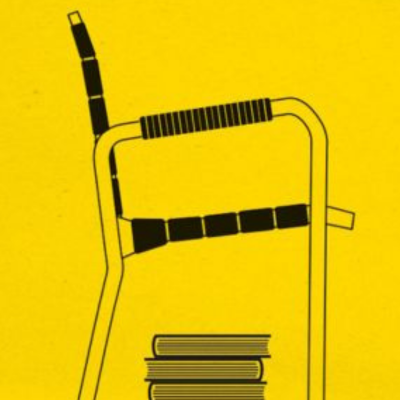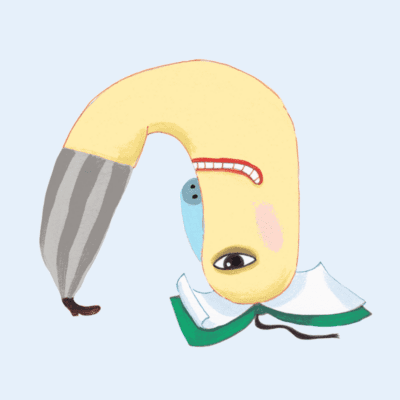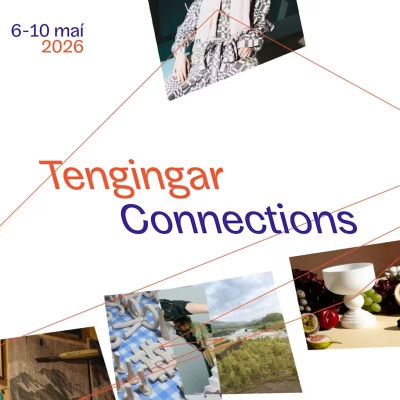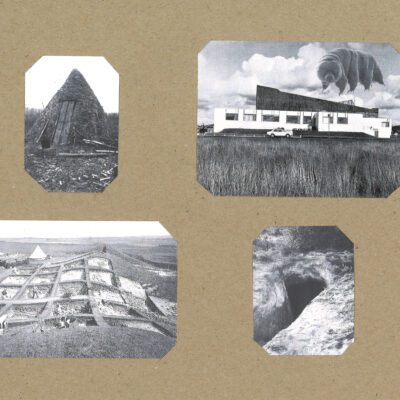
Lectures on SCIENCE AND TECHNOLOGY:Reward, prediction and brain dopamine
18:00 - 20:00
Reward, prediction and brain dopamine
The lecture is taught in English
Professor Ray Dolan is the latest receiver of the greatest prize in brain research, The Brain Prize. We are happy to announce that he will give the associated public lecture ‘The Brain Prize public lecture’ at this lecture series ‘Offentlige foredrag i Naturvidenskab’ (Public Lectures in Natural Science). In the lecture, he will talk about the research that led to him being awarded the prize.
The content of the lecture
A fundamental requirement for the survival of most living organisms is that they have an ability to effectively seek out sources of reward and avoid sources of punishment. Rewards include food, water, sex, drugs as well as more abstract entities such as money and aesthetic experience. Evolution has endowed humans, and other species, with special mechanisms that promote learning about sources of rewards, as well as providing a motivation to seek out such rewards. The action of a special brain chemical, known as dopamine, is key to these mechanisms. Over the past two decades, scientists have made fundamental discoveries that shed new light on how dopamine enables a wide range of reward related behaviours. These discoveries include revealing a fundamental mathematical algorithm that is coded in the pattern of firing of dopamine neurons. Ray Dolan will provide an account of these discoveries, including how they are shaping our current understanding of how humans make choices and the consequences of a loss of brain dopamine for mental function and mental health.
This semester, The Nordic House offers live streaming from lectures on natural sciences and technology, organized by Århus University in Denmark. Two of the lectures will be held in English.
There will be a short break during the lectures, allowing attendants to exchange views and/or send questions and comments to the lecturer(s) via Twitter or SMS.
Free entrance. Coffee will be served during the break.
See more information here
Note that the lectures are only available during the streaming.






